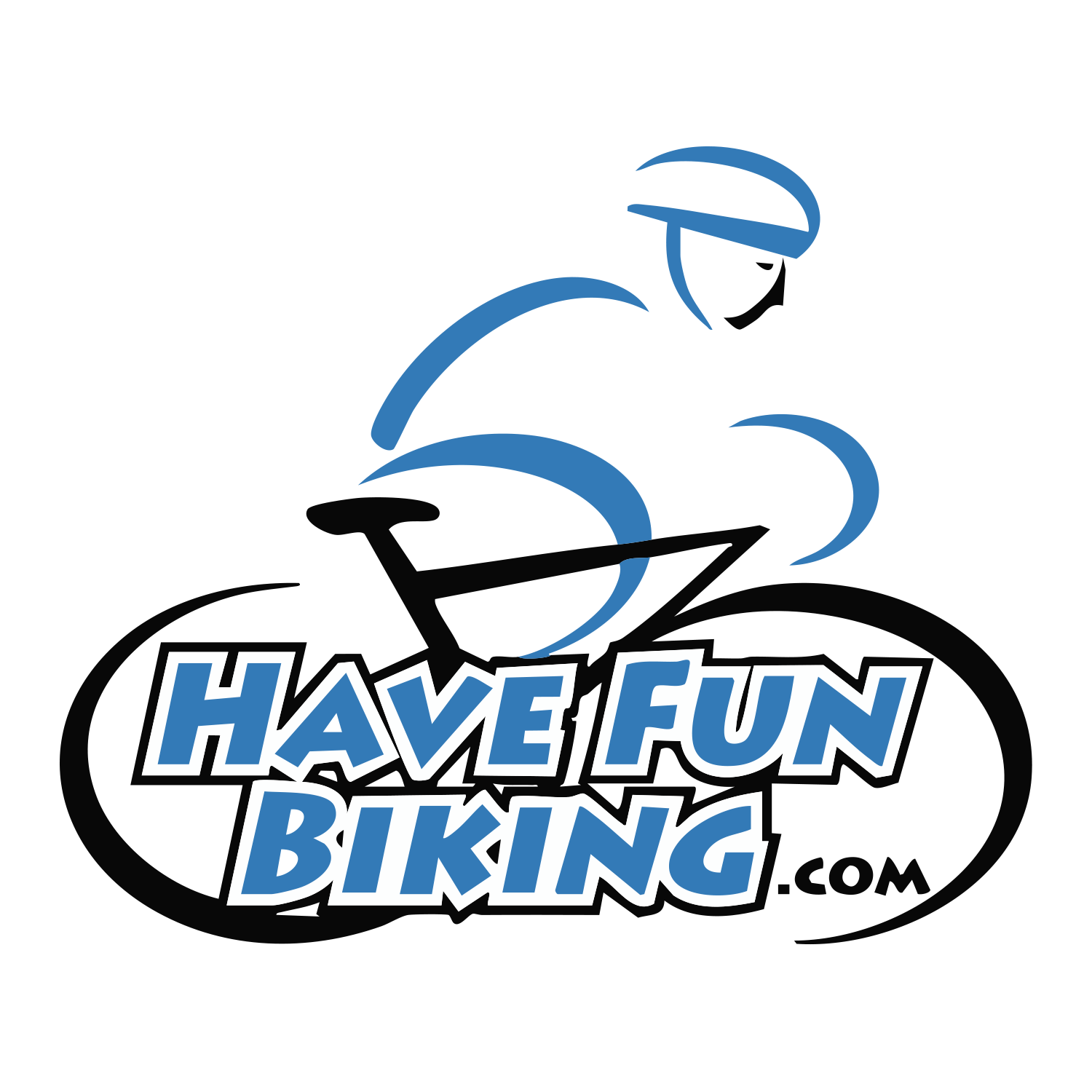Tag: First time biking
-

Riding a Bike, You Are Never Too Old in Minneapolis
If you’re a grown adult and have never learned how to ride a bike, where do you even start? If live in or around Minneapolis you will find that you are never to old too ride – says SPOKES student-turned-bike advocate’s Hayat Ahmed and Maria Padilla.
